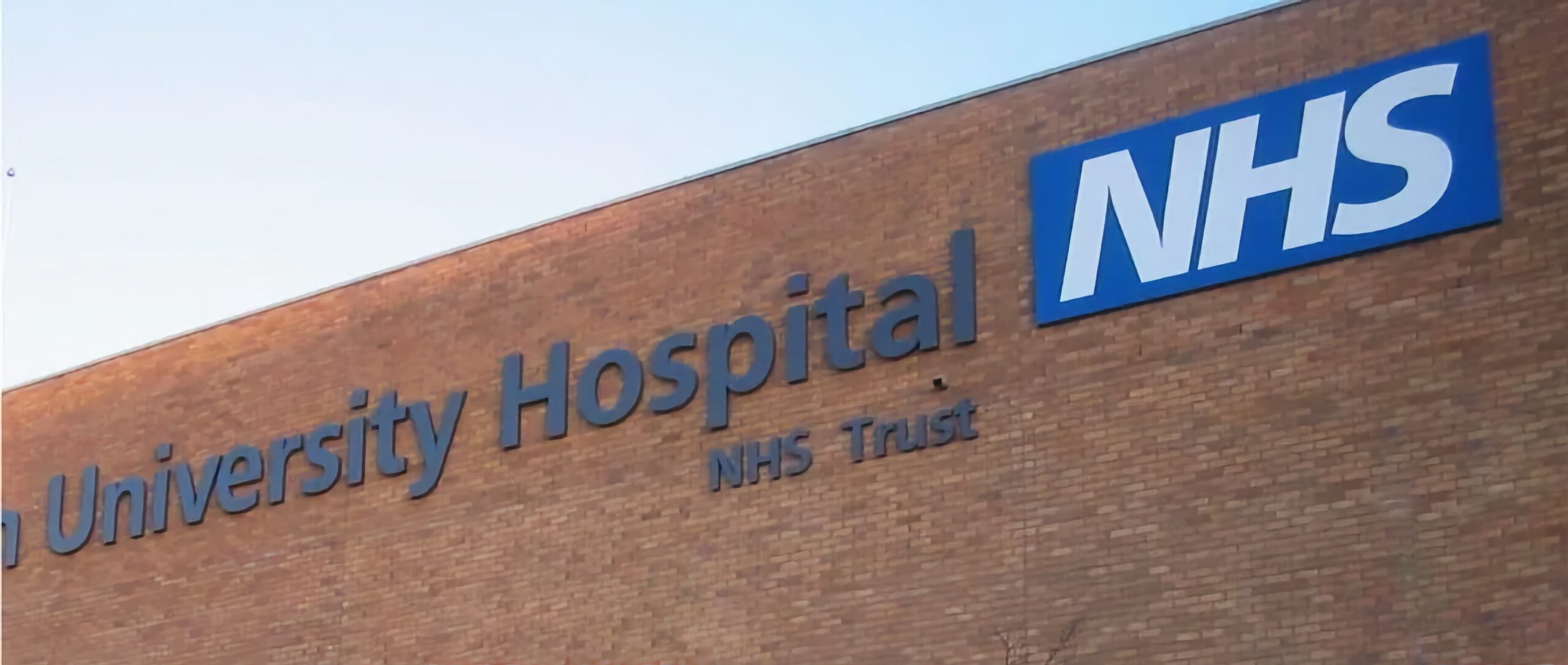One of our standout achievements is the development of a Distributed Ledger Technology (DLT)-based platform for document verification, initially created for the NHS and now part of Billion Group’s “Ready to Work” product. This journey showcases our ability to deliver impactful solutions from strategy to commercialisation.
A critical problem:
A cumbersome verification processes
The NHS, managing over 1.4 million healthcare professionals, faced a recurring challenge: verifying staff credentials efficiently, especially for temporary workers frequently moving between hospitals.
The traditional process involved validating 20-35 documents manually, often taking up to 12 days—an untenable delay during emergencies like the COVID-19 pandemic, where rapid workforce deployment was crucial.
Our solution:
digital certificates powered by DLT
To address this issue, we conceptualised and implemented a Digital Certificate Sharing Platform powered by DLT. Here’s how the platform transformed the verification process:
1. Distributed Ledger Technology: Built on a blockchain-based system, the platform securely stores verified credentials, enabling instant access and trust between healthcare facilities.
2. Real-time verification: Temporary staff could instantly share credentials through secure digital certificates, cutting verification time by 50-75%.
3. Compliance and adaptability: The system adheres to the NHS’s stringent data privacy requirements while being flexible enough to accommodate varying verification needs across organisations.
4. Scalability: Designed to scale seamlessly, the platform supports thousands of concurrent users, making it an effective solution for both large-scale emergencies and day-to-day operations.
The platform not only reduced administrative burden but also ensured the NHS could respond faster during high-demand periods, such as pandemics.
From NHS success to market adoption
The system’s success in the NHS demonstrated its potential for broader applications. Recognising its value, Billion Group acquired the platform and integrated it into their product portfolio. Rebranded as “Ready to Work”, it now empowers organisations across multiple industries to:
- Verify staff credentials in real time.
- Ensure compliance with sector-specific regulations.
- Streamline onboarding and redeployment processes.
Key features today:
- Intuitive user interfaces for both employers and staff.
- Comprehensive dashboards for monitoring verification processes.
- Secure, blockchain-enabled storage of credentials.

Liminal Discovery’s end-to-end expertise
1. Problem identification: Partnering with the NHS to uncover inefficiencies in credential verification.
2. Solution design: Leveraging blockchain to ensure security, scalability, and efficiency.
3. Development and deployment: Rapid prototyping, user testing, and implementation in high-pressure environments.
4. Market transition: Collaborating with Billion Group to rebrand and scale the system for broader adoption.
Looking ahead: scaling strategic solutions
The journey of this DLT platform highlights the breadth of Liminal Discovery’s expertise. From tackling critical healthcare challenges to enabling global scalability through strategic partnerships, we’re committed to delivering solutions that drive real-world impact.
With organisations facing increasingly complex operational challenges, Liminal Discovery stands ready to guide them from vision to market success.

Phase 1:
North Star vision and strategy
Every transformative solution begins with a clear understanding of objectives. For the NHS, the challenge was inefficiency in verifying staff credentials, which delayed workforce deployment by up to 12 days during high-demand periods.
To address this, we:
- Developed a strategic vision focused on drastically reducing verification time.
- Proposed a DLT-enabled system for secure, real-time document verification.
- Ensured alignment with NHS compliance standards and scalability for large-scale emergencies.
Phase 2:
Design for users and systems
With the strategic roadmap in place, we transitioned to a user-centred design process to ensure the system met real-world needs. This phase was critical to aligning the system’s functionality with both user workflows and technical requirements.
- User experience design (UX): We mapped key user journeys, simplifying processes for HR administrators and temporary staff.
- Interface design (UI): Clear, intuitive interfaces allowed users to access, share, and verify credentials with ease.
- System architecture: We designed a modular, scalable structure capable of supporting both NHS-specific needs and broader applications in other sectors.
This prototyping phase reflects our experience with PMI’s Connected Experiences, where iterative testing refined the customer experience for IQOS applications across diverse markets.
Phase 3:
Agile development and prototyping
Our multidisciplinary team brought the design to life through agile development methodologies, ensuring flexibility and rapid iteration. For the NHS system, this included:
- Iterative prototyping: Rapid cycles of build-test-refine to ensure the solution worked seamlessly in high-pressure environments.
- Technical implementation: Integrating blockchain technology to provide secure, immutable storage and real-time access to verified credentials.
- Cross-platform support: Ensuring compatibility with both desktop and mobile devices for accessibility across the NHS ecosystem.
Phase 4: Implementation and rollout support
Once development was complete, we shifted focus to scaling and implementing the solution within the NHS’s complex operational environment:
- End-to-end testing: Conducting rigorous testing to ensure the platform met both technical and user requirements.
- Training and enablement: Delivering onboarding sessions and support materials to empower users to fully utilise the system.
- Geographic rollout management: Ensuring consistent implementation across facilities while addressing region-specific needs.
Phase 5:
Continuous improvement through market feedback
The final phase doesn’t mean the work ends. After the platform’s adoption by the NHS, it evolved further when acquired by Billion Group and rebranded as Ready to Work. We maintained an iterative approach to ensure it continued to deliver value:
- Real-time monitoring: Using integrated analytics to track system performance and user engagement.
- Iterative updates: Incorporating feedback to refine features and enhance functionality for a broader range of industries.
- Scalable innovation: Preparing the system to adapt to emerging challenges in document verification.
Why Liminal Discovery?
Our approach is built on seamless collaboration between visionaries, designers, developers, and stakeholders.
By integrating strategy, design, and technical implementation, we ensure solutions are not only functional but also sustainable and scalable.
Whether it’s simplifying healthcare workflows or revolutionising consumer experiences, Liminal Discovery remains a trusted partner, driving success from ideation to market integration and beyond.

